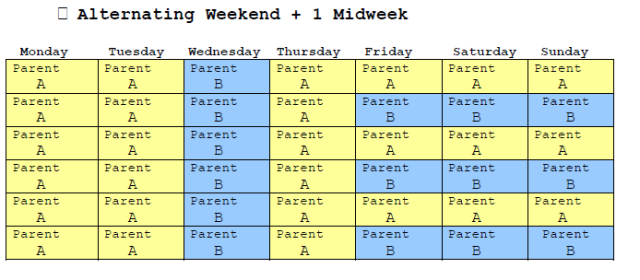What Your Florida Divorce Lawyer May Not Be Telling You
The vast majority of divorce attorneys in Tampa Bay and around Florida are good, hardworking people with their clients’ best interests always at mind. However, there is one divorce option that more and more financial and mental health professionals agree is the best way to handle a family law matter, and yet many attorneys will not tell their clients about it: collaborative divorce.
Collaborative divorce is a private form of dispute resolution where each spouse hires their own attorney only for the purposes of helping to negotiate a marital settlement agreement. Collaborative attorneys are contractually prohibited from going to trial or bringing any contested issues to be decided by a judge.
Trial Divorce = Big $$ for Attorneys
This is one reason why there are a lot of divorce trial lawyers who are against collaborative divorce: attorneys make a lot of money billing time for trial-related activities such as depositions, interrogatories, witness preparation, exhibit analysis and selection, and trial itself. Trial attorneys bill this time even though they know that 95% of all divorce cases end in settlement, even sometimes after trial but right before a judge issues a ruling. Read more →



